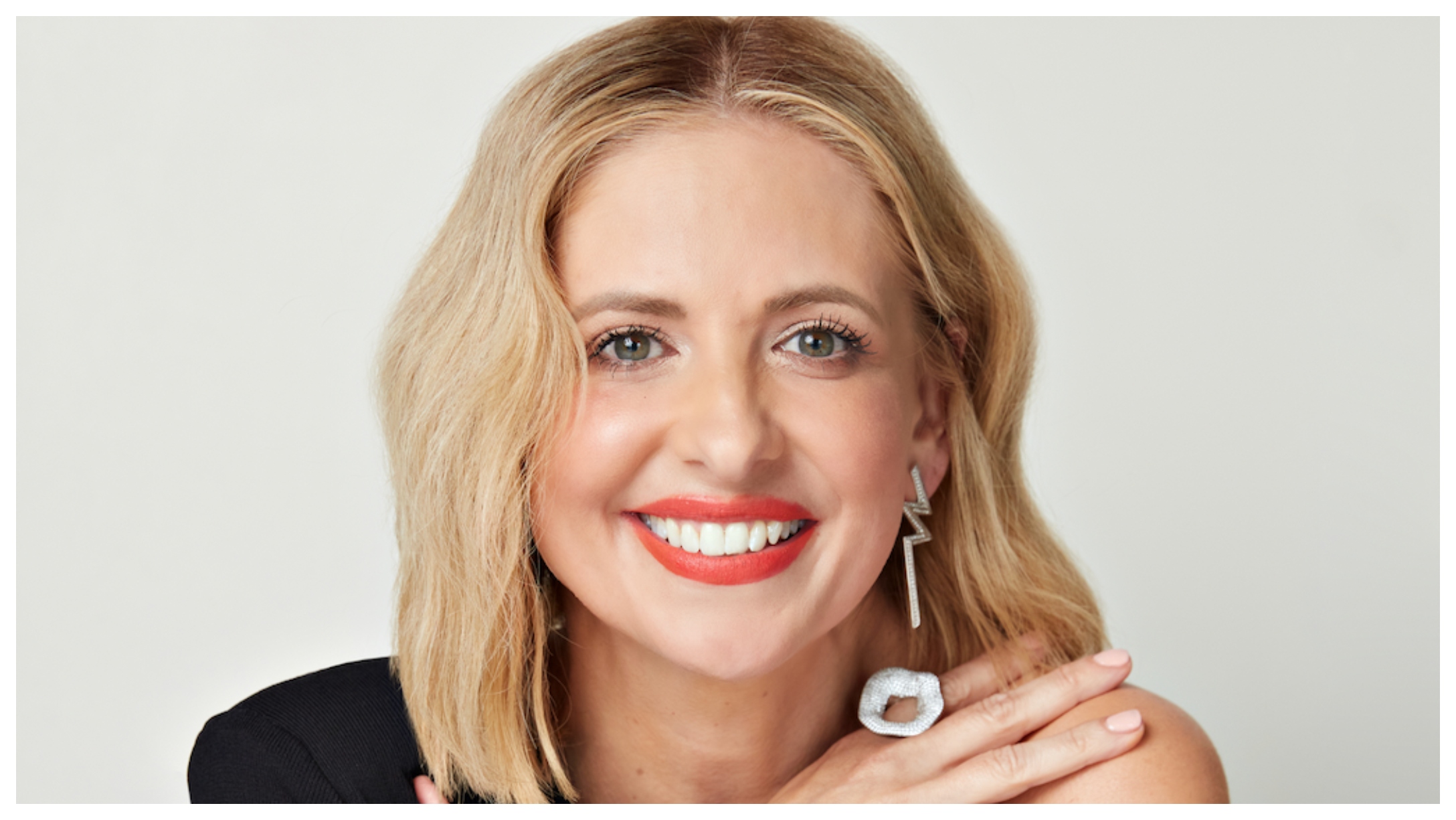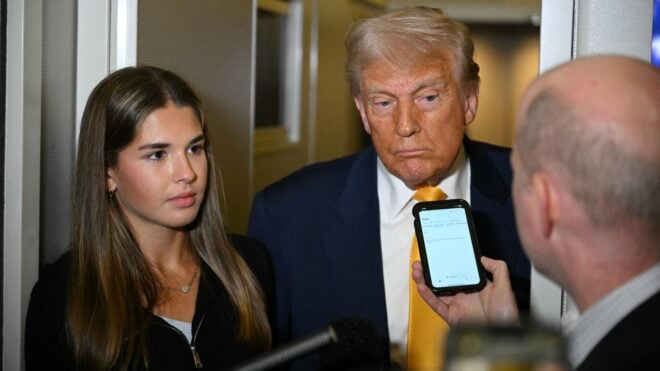
Money is often considered a taboo subject. Because we don’t talk about it, this leaves many people uneducated about an issue that is an important life skill: financial literacy. Sarah Michelle Gellar is determined to raise her kids with money smarts. One of the many ways the actress accomplishes this is by using Fidelity Youth. It’s an app, debit card, and so much more.
Sarah believes in it so much, she is partnering with Fidelity to get the word out so other parents can utilize it. She has witnessed first hand the growth in her 14-year-old daughter Charlotte and can’t wait to get her 11-year-old son Rocky on the app once he is old enough.
Sarah always wanted to be a mom, but that does not mean she was fully prepared for how all-encompassing it is. “It's 24/7,” she noted. "When you have babies and kids your mind is always racing about. What do they need? What do I do? What do I not do? What's coming next? And I think that's probably the most overwhelming part.”
Motherhood keeps Sarah on her toes. “It constantly changes too. Just when you think you're getting the hang of something, it's like a curveball,” she added.
Sarah’s kids, whom she shares with husband Freddie Prinze Jr., are now entering a new phase of life, teenage and pre-teen angst. It is not always easy. “I think the biggest lesson for me is understanding there's a lot of hormones racing through their bodies,” she stated. “And what happens today isn't necessarily indicative of who they are, what they actually mean, and to stop taking it so personally, and really just be there.”
More from LittleThings: Sarah Michelle Gellar Has Rules For Daughter Who Wants To Follow In Her Acting Footsteps
Sarah has shifted her parenting styles to match the age of her kids. “When they're younger, you constantly want to fix things, you want to be in there to solve the problems,” she explained. “But as they get to this age, this is the time where you do have to take a step back and let them make mistakes, because that's how they learn.”
It has always been important for Sarah to have her kids understand the value of hard work. She’s aware of their privilege and wants them to be able to stand on their own two feet. She is also aware of how money is changing.
“We don't have physical money as much anymore,” she stated. “It's so much more figurative. It makes it harder for kids to understand. You wave your phone, and then you pay for something. Kids are not thinking about where the money came from, or how it got there.”
Charlotte recently came to Sarah to ask for a credit card, which Sarah was against at first because she worried she would just spend mindlessly. Charlotte argued her case, citing the many establishments that don’t take cash, and Sarah saw her point. This is when she discovered Fidelity Youth.
Fidelity Youth is a teen-owned bank account, a debit card, and an app that teaches teens about investing and saving. Teens can learn by watching videos on the app and earn money for their efforts. They can also start investing in stocks and mutual funds for as little as a dollar. Parents can monitor their teens' spending but the teen has ownership.
“I was so grateful when I discovered both the Fidelity app and the card because there was a place where she could have these experiences, and she could learn, but I could have the oversight to see where it was going and what she was learning. And so it was meeting us both where we needed it to be met,” Sarah gushed.
Sarah has already seen Charlotte showing more financial responsibility and accountability since being on the app. She recently was saving up for a new dance outfit but realized if she kept saving, she could make a bigger purchase.
“She looks at it as her money now. She uses the app and card to pay for the things that she's purchasing. So she sees the movement in a different way,” Sarah explained.
Her son Rocky is still too young to be on the app, which is designed for teens ages 13 to 17, but Sarah plans to have him on there when it’s time. It’s important to Sarah to have the same conversations about money with both her son and daughter because historically, women have been cut out of these important lessons.
“Financial conversations are still often had more with boys than girls. We have to take responsibility and have those conversations equally,” she urged.




